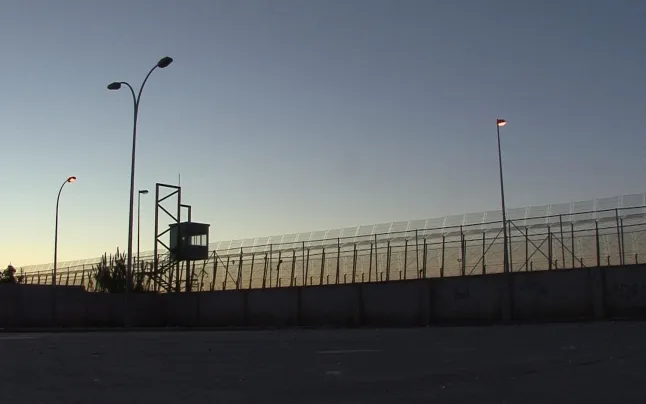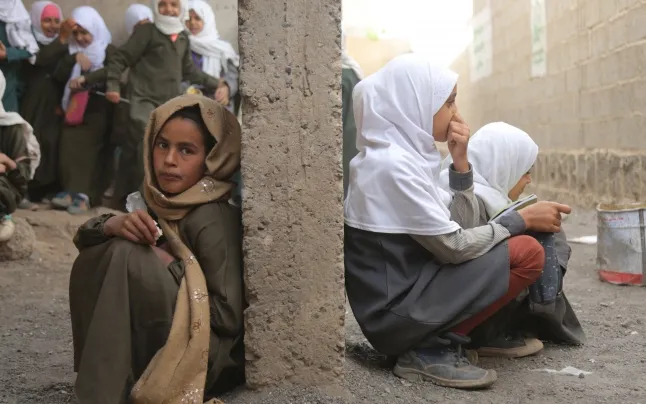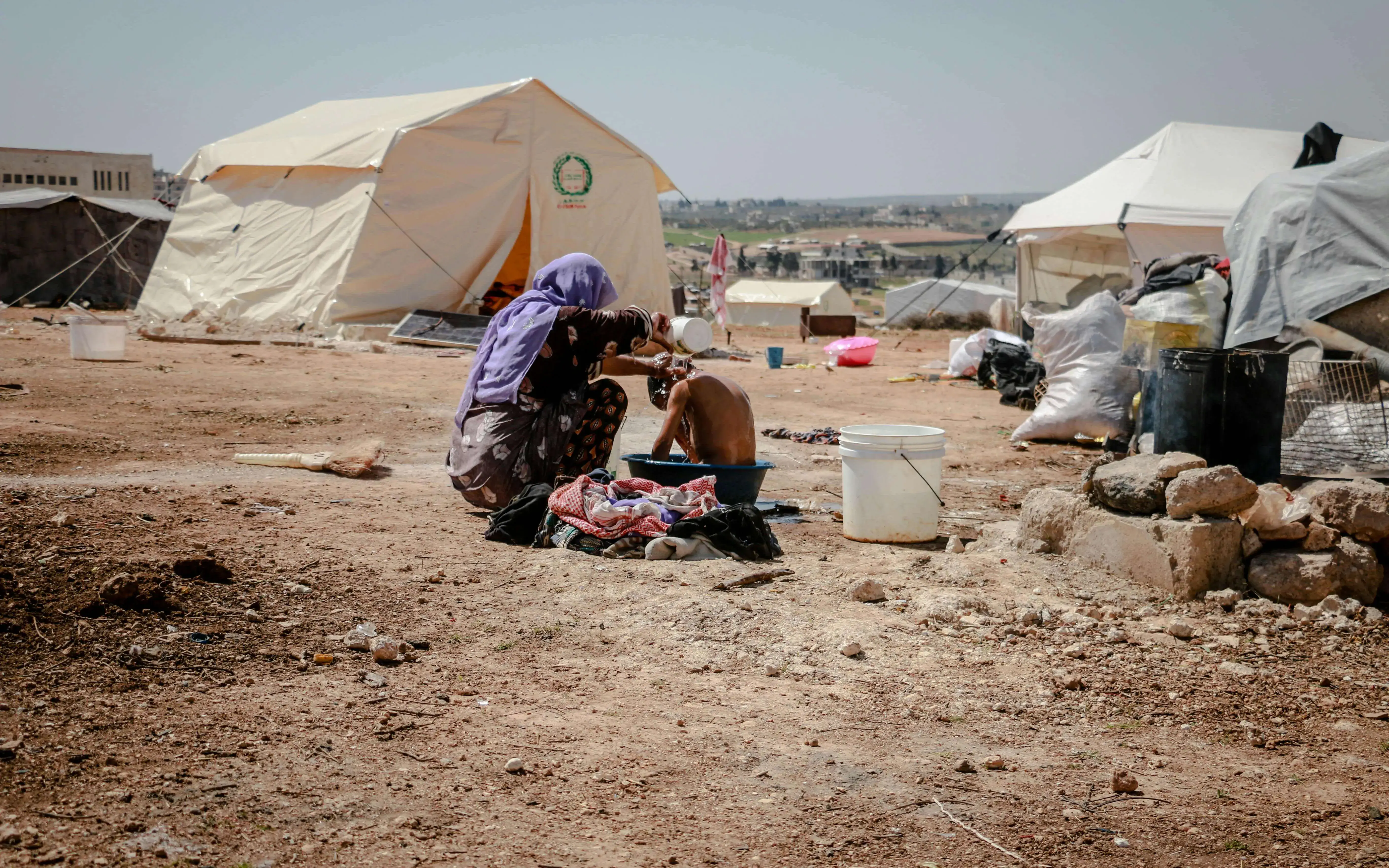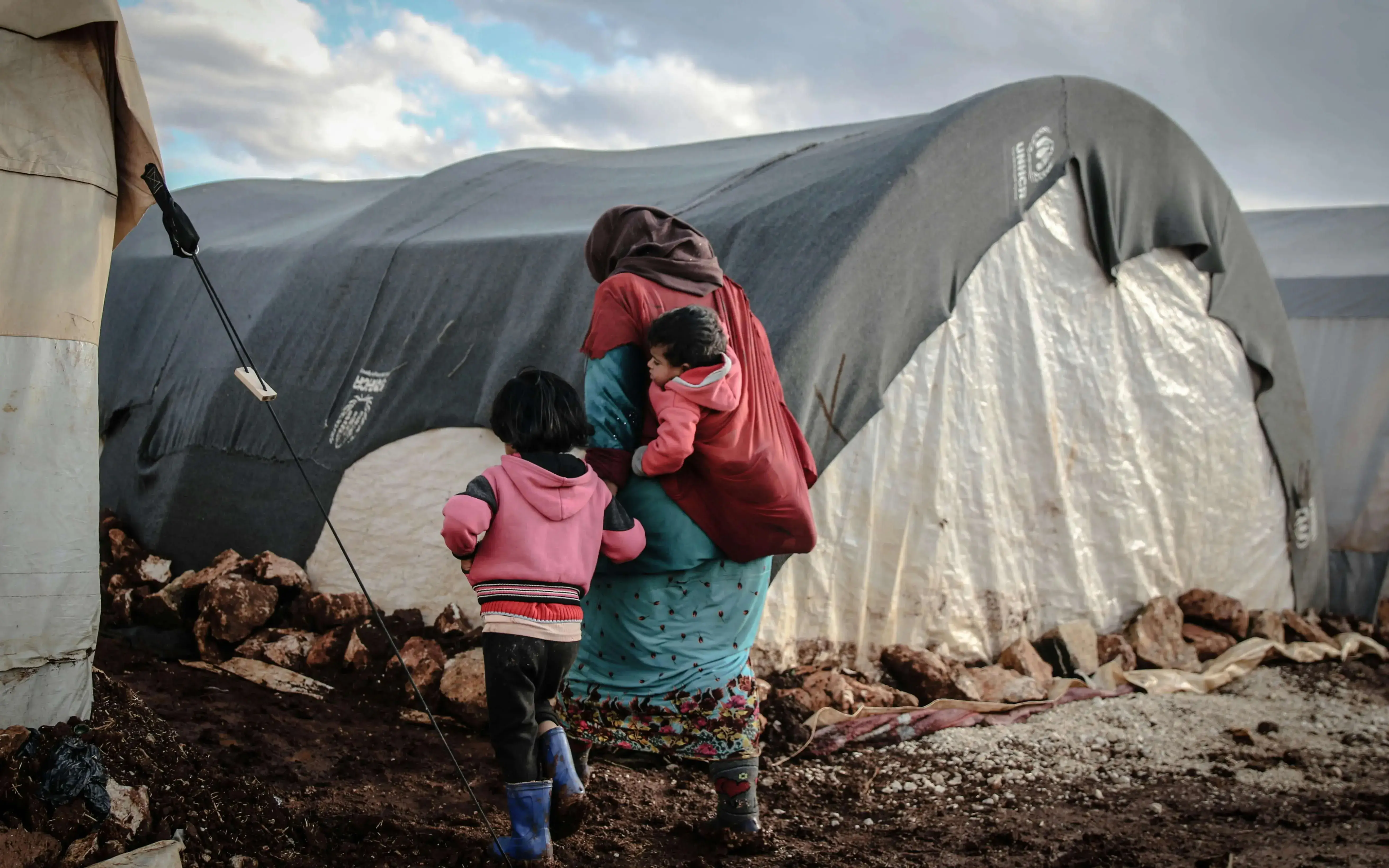The Catalan Commission for Action for Refugees (CCAR) demands more commitment from Spain in the protection of people who are persecuted in their countries of origin or residence.
The difficulties of access to the asylum application process for refugees in Catalonia and Spain are one of the main issues highlighted by organizations working to defend the rights of refugees and migrants. The main cause is the functioning of the current appointment system implemented by the Spanish State, which doesn't facilitate a simple process for obtaining an appointment to conduct the interview for International Protection application with the National Police.
On the occasion of World Refugee Day, the Catalan Commission for Action for Refugees (CCAR) has presented a report on the asylum situation worldwide, in Europe, in the Spanish State, and in Catalonia. The study emphasizes this issue as the greatest concern, a situation that creates a sense of helplessness for asylum seekers.
The CCAR laments that the asylum system is overwhelmed. "During the past year, trying to obtain an appointment through the National Police website was nearly impossible, and people had to spend months attempting to do so," they denounce.
This situation has led to the emergence of a digital appointment market where appointments were being sold for prices ranging from thirty to two hundred and fifty euros. The CCAR explains that, in order to alleviate this situation, a new procedure has been implemented, varying in each province. In Barcelona, for example, a phone line is active for three hours a day. However, many asylum seekers have had a negative experience and describe it as extremely difficult to get through the call.
Moreover, the new procedure has additional difficulties, as all members of the family unit must be present during the call. There is also no translation system for those who don't speak Catalan or Spanish. Furthermore, once the call is completed, those requesting an appointment don't receive any document confirming the date, location, and time. Lastly, there are no mechanisms in place to accommodate persons with disabilities during the call.
Resolutions in Spain
In 2022, there was a 15% increase in the number of people seeking asylum worldwide, amounting to an additional thirteen million people compared to 2021. "The main reasons for the rise are conflicts such as the Russian invasion of Ukraine, but also political instability and internal conflicts in countries such as South Sudan or Ethiopia," points out Pascale Coissard, co-president of the CCAR. Furthermore, last year, over 104 million people were forcibly displaced worldwide.
Dilara Ekmen, co-director of the CCAR, highlights that the European countries with the highest number of international protection requests were Germany, Spain, Austria, and Italy, while the main countries of origin for applicants of International Protection in Europe were Syria, Afghanistan, Turkey, and Venezuela. However, "the difference between requests and resolutions was the largest since 2015," laments Ekmen.
Taking resolutions into account, the Spanish State falls far below the European average. Despite being the third country in the European Union (EU) to receive the most requests, it ranks near the bottom in terms of approved applications, coming in third from last. In this regard, Elena Maya, co-director of the CCAR, calls for "more commitment from Spain in the protection of people who are persecuted in their countries of origin or residence."
Regarding Catalonia, there are no specific data available, but it is known that over twenty thousand people have definitively settled there in 2022. The CCAR laments that these individuals have encountered many difficulties in accessing employment and housing due to exorbitant prices and the difficulty of obtaining job contracts. The organization urges the Government of Catalonia to work towards ensuring decent living conditions and to coordinate a collaborative effort among all organizations working in this field in Catalonia.
The example with Ukrainian asylum seekers
Despite the difficulties outlined in the report based on the experiences of individuals seeking access to the asylum application process, the CCAR sends a positive message. Coissard asks for following the example of the procedure that was followed for Ukrainian asylum seekers in Europe. "What has been achieved with the arrival of Ukrainian individuals hasn't been seen since the 1990s," she affirms.
Coissard states that this is proof that where there's a will, there's a way. "It has been done for Ukraine, and it could be done for other conflict-affected countries. We have managed to provide protection and work permits to people who were arriving, while others can spend years trying and not receive a response. This means that it is still possible in the 21st century," she concludes.









Add new comment